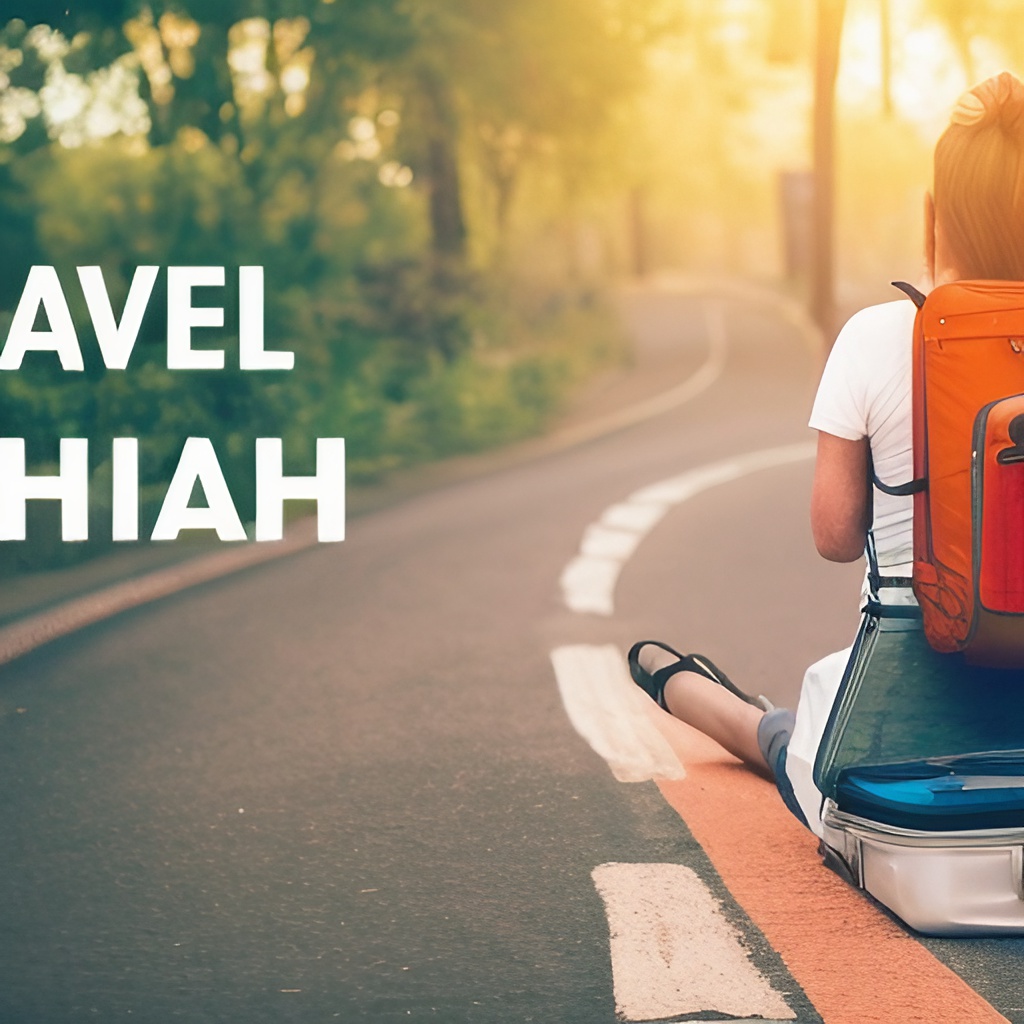
Anxiety is a mental health illness characterized by feelings of fear, worry, and unease. It can interfere with daily life and has the potential to make vacation planning and traveling incredibly difficult. Despite this fact, however, it is possible to manage anxieties while still enjoying exploration abroad. Here are some tips on how to stay in control of your anxieties while still having an adventurous vacation.
How Can You Travel Safely If You Struggle With Anxiety?
Traveling with anxiety can be very challenging, but it is possible to do so successfully. The key is to create an action plan that helps you prepare for the trip and manage your symptoms while on vacation. This may include identifying potential triggers, recognizing signs of anxiety, and finding ways to take breaks and practice self-care while away from home. Additionally, it’s important to ensure that you don’t overschedule yourself or rush experiences during your travels and instead set achievable goals so as not to feel overwhelmed. Finally, doing some research ahead of time and familiarizing yourself with the destination prior to arrival can provide peace of mind and reduce feelings of uncertainty associated with anxiety disorders. With these strategies in place, anyone suffering from anxiety can enjoy exciting travels even whilst managing existing fears and uncertainties!
What Are The Differences Between Traveling If You Have Anxiety vs Depression?
Traveling with anxiety and depression can be a very different experience. Anxiety is often characterized by feelings of worry, fear, and unease, while people with depression struggle with feelings of sadness, emptiness, and hopelessness. Additionally, people who experience anxiety tend to be more physically active than those living with depression, who may find it difficult to even get out of bed.
When it comes to traveling, those dealing with anxiety may benefit from creating an action plan that helps them prepare for the trip and manage their symptoms while on vacation. This could include identifying potential triggers, recognizing warning signs of anxiety, and finding ways to take breaks and practice self-care while away from home. Meanwhile, for those with depression seeking solace in travel, it is important to have realistic expectations about what you can achieve on your journey and set achievable goals so as not to become overwhelmed or exhausted. Taking time out before embarking on any trip abroad can also provide a sense of relief as well as help preserve energy in case unfavorable conditions arise during the course of your travels.
Exploring Ways to Respond to Anxiety While on Vacation
It’s important to identify potential triggers that may arise during travel—examples include crowded attractions or long lines—and have an action plan ready if you should find yourself feeling overwhelmed. Knowing ahead of time how you would like to respond if anxiety arises can help immensely when feeling lost or out of control. Additionally, being aware of your body’s warning signals that something feels off—such as a racing heart rate or increased perspiration—is another helpful way to recognize signs of anxiety to heal your roots before they become too severe so you can take breaks when needed.
Making time for self-care activities such as yoga and meditation while traveling also helps manage any anxieties that may be present due to the hectic nature of holidays abroad. Allowing yourself moments away from exploring new places offers opportunities for introspection where visitors can appreciate their own inner strength as well as allow themselves moments for rest and relaxation in order to regroup for the upcoming days ahead if necessary.
Tips For Planning a Stress-Free Vacation
When creating itineraries for vacations abroad, setting achievable goals helps keep stress levels low since it helps prevent overscheduling which often means less quality time spent at each activity or location visited. Being able to step out of their comfort zone without overexerting oneself is essential for travelers wanting both enjoyable experiences and minimal anxieties during their trips abroad simultaneously. Researching destinations prior to flight departure is also recommended as it allows visitors the chance to get familiarized with local customs, culture, language, and geography so that more time can be spent actually enjoying events instead of trying to figure things out upon arrival which could lead increase feelings to insecurity and uncertainty associated with anxiety disorders in particular holidaymakers suffering from them specifically.
Final Thoughts On Traveling With Anxiety
In conclusion, taking a vacation does not have to mean being controlled by anxiety due planning related worries or unexplored locations full of unpredictable events around the corner waiting to be experienced once abroad is reached—instead, it can see a level playing field where individuals who suffer from disorder condition want undertake adventures different cities far away boundaries home country all while making sure remain mentally healthy enough enjoy every minute them too without negative consequences afterward either.. With proper preparation strategies placed stick, there is no reason why anyone is unable to indulge in exciting travels even whilst managing existing certain fears and uncertainties both planned and booked beforehand those discovered later during the actual trip itself either!
Bandelow B, et al. (2017). Treatment of anxiety disorders.
ncbi.nlm.nih.gov/pmc/articles/PMC5573566/
Dickov A, et al. (2009). Psychiatric consequences of stress after a vehicle accident.
ncbi.nlm.nih.gov/pubmed/19935481
Gottschalk MG, et al. (2017). Genetics of generalized anxiety disorder and related traits.
ncbi.nlm.nih.gov/pmc/articles/PMC5573560/
Impact of the DSM-IV to DSM-5 changes on the National Survey on Drug Use and Health [Internet]. (2016).
ncbi.nlm.nih.gov/books/NBK519704/table/ch3.t15/

Kitty Ramirez is a passionate writer, explorer, and advocate for the preservation and understanding of indigenous cultures and traditional plant medicines. As the author of the blog, Kitty shares her knowledge and experiences from her many journeys across the globe, connecting her readers with the wisdom and healing practices of ancient cultures. Born and raised in a multicultural family, Kitty developed a deep curiosity about the world and its diverse cultures at a young age. Her adventurous spirit led her to embark on a life of travel, exploring the far corners of the Earth in search of transformative experiences and a deeper understanding of human connection. Throughout her travels, Kitty has had the opportunity to immerse herself in various indigenous communities, learning from their rich traditions and sacred healing practices. Her encounters with plant medicines, such as Ayahuasca, Sananga, and Rapé, have been particularly life-changing, inspiring her to share the power of these ancient remedies with a broader audience.
